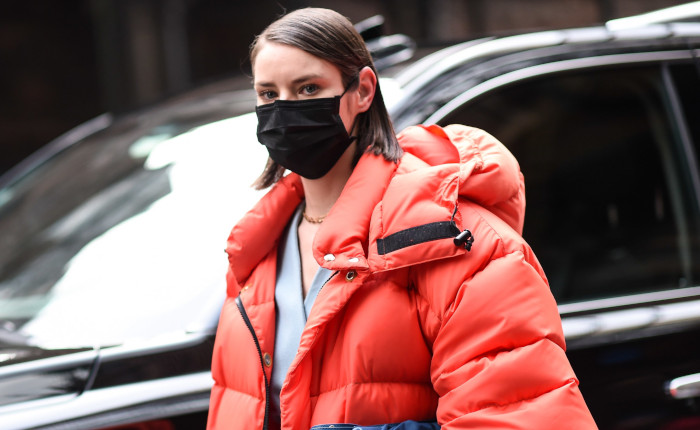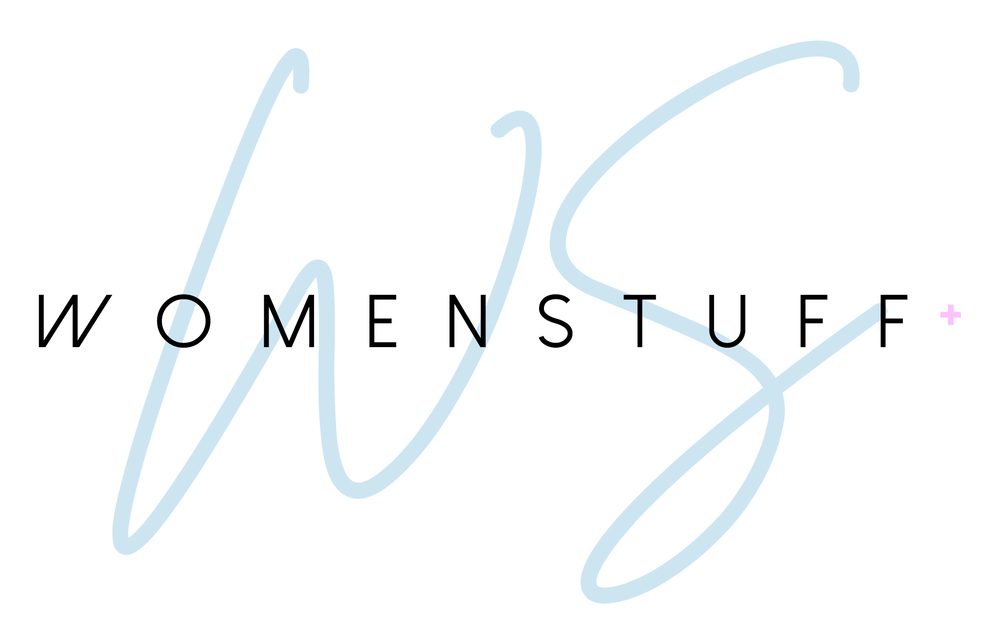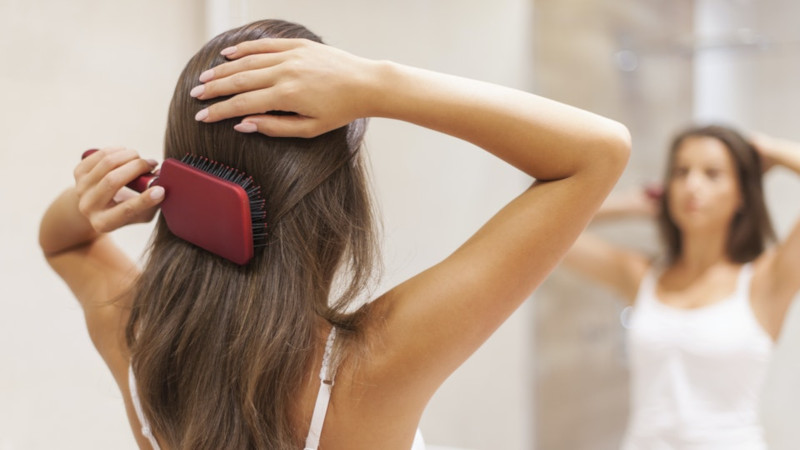Are Face Masks Causing Your Skin to Break Out?

As we enter this new normal, it means adjusting to changes in our daily routine, from working from home to meticulously planning our weekly grocery store trips. Here in South Africa one of the newest adjustments we’ve had to make is wearing a face mask when in public. But after a few days of regularly wearing a face mask, many people are finding the mask has a negative effect on their skin. Women and men are reporting an increase in breakouts and, what many are now calling, ‘mascne’ as a result of frequent mask use. But, why is this happening and what can you do to prevent it or help your skin?
Why is your mask causing your skin to break out?

According to dermatologists, any fabric rubbing against your skin may lead to friction and irritation. The natural barrier function of the skin could be compromised by this constant friction, causing dryness and discomfort.
Couple that constant friction with oil, sweat, dirt, and makeup that can build up on the fabric and you’ve got a recipe for disaster. The oil from your makeup, skincare products, as well as excess sebum produced by the skin can sit inside the lining of the mask, making it a breeding ground for bacteria, clogged pores and breakouts. Wearing a mask for extended periods of time can lead to rashes or even acne breakouts, especially in areas where the mask directly comes in contact with your skin.

In addition to the mask itself creating skin irritation, there’s the fact that you’re trapping your own breath and creating a warm, moist environment for bacteria to thrive. This increase in temperature and humidity can also cause the skin to produce excess sebum, leading to breakouts.
How to prevent ‘mascne’ and care for your skin:
While a little acne is certainly worth it to keep yourself (and others) safe, there are ways to keep your skin protected too. Diane Eales, co-founder of South African Skin Care Brand, Beaucience shares her tips for taking care of your skin and combating the effects of wearing a cloth or surgical mask on a regular basis.
Give your makeup some time off

If you can, it’s a good idea to let your skin breathe when wearing a mask while you’re out and about. While it’s ok to wear mascara and eyeshadow, you may want to take a break from foundation when wearing a mask. Even if you’ve spent ages creating a stellar look, the mask will very likely remove your makeup as it rubs against your skin. Not only will this put all your hard work to waste but that makeup can cause further occlusion of oil glands and pores, potentially making breakouts worse.
Ditch the strong cleansers and exfoliators for now

While you might be tempted to attack your chin area with heavy-duty products to keep it clear, now is the time to be gentle on your skin. Harsh facial cleansers can disrupt the outer skin layer, leading to dryness and inflammation so give your skin a fighting chance by using ultra-gentle skin cleansers and moisturisers during this time.
Try a cleanser made from natural, gentle ingredients such as the Beaucience Botanical cleansing gel, which also contains antioxidants. Those experiencing breakouts may also benefit from adding salicylic acid to their routine and using a cleanser that contains salicylic acid to clean deep inside your pores and help to reduce excessive oils and sebum.
If you’re using harsh exfoliating products, like retinol, now might be a good time to take a break and give your skin time to rest, especially if you’re wearing a N95 mask, since it can make skin more easily irritated. Use a gentle exfoliating product, such as an enzyme exfoliator, to regularly remove dead skin cells, as these will accumulate under the mask.
Cleanse your face as soon as you take off your mask

If you’re able to, cleanse your face as soon as you take off your mask. In an ideal world, you would come home, take off your mask, wash your hands, and then wash your face to prevent any oil blockage in your pores. Of course, we’re not always able to cleanse the skin with water and cleanser soon after removing a mask. In this case, try using a micellar water cleanser and cotton pads to quickly clean your face and kill off any acne-causing bacteria when removing your mask. During this time you may be cleansing your skin more often than twice a day, which is why a gentle cleanser is also so important.
Protect your skin with a barrier cream

If you’re skin is really sensitive it might need special care after using a mask. Those who are really struggling can also ease irritation from mask friction by using a barrier cream. If you’re developing a rash or dryness, look for healing, soothing products and apply a thick barrier cream to the skin before wearing your mask to prevent rubbing. Focus on calming balms and oils instead of powerful actives at this time.
Don’t forget to moisterise

This may seem like a no-brainer, but it is now especially important to pay careful attention to your moisturiser. Many mask wearers may find they have dry, chapped skin at the moment. Therefore, hydration is key. Skin that is prone to breakouts should not be dried as this trigger’s inflammation. Rather moisturise and keep the skin healthy before you experience breakouts. Look for products that contain antioxidants, natural oils that are easily absorbed, and that are enriched with vitamins and minerals. For an extra boost, add a serum to your skincare routine to help hydrate and restore the moisture in the deeper layers of the skin.
Clean your mask

While you’re caring for your skin don’t forget to take good care of your mask as well. If you’re using a reusable mask, make sure you wash it or sanitise it after each use. If you’re using the same mask a few times in one day you can try using a product like the Thoclor Labs GF2 Skin Rejuvenating Mist. The product is not only an incredible skincare product for daily use to fight inflammation but, the Hypochlorous in the product also has powerful disinfectant properties. Thoclor says; “in tests [Hypochlorous] has been shown to be 80 – 100 times more effective against viruses than bleach chlorine and it is completely safe.” Just spray your mask with this product before putting it on and you can be sure you’ll be safe from any harmful bacteria that may be clinging to the fabric.











